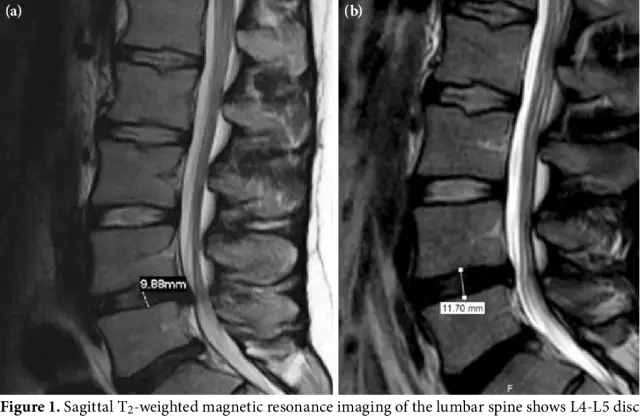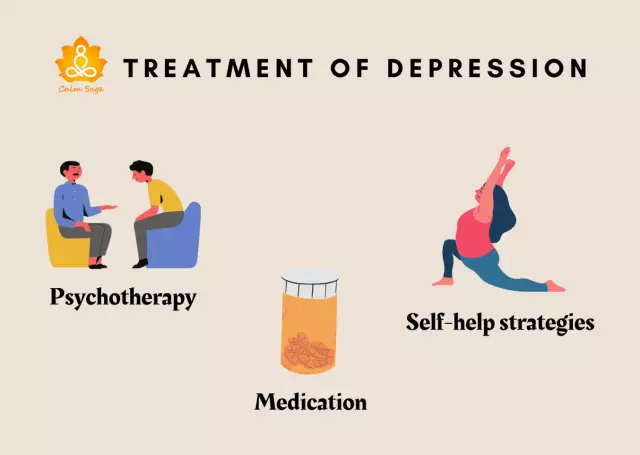- Author Rachel Wainwright wainwright@abchealthonline.com.
- Public 2023-12-15 07:39.
- Last modified 2025-11-02 20:14.
The concept of "Resorption of intervertebral disc herniation" returns to clinical practice
The diagnosis of an intervertebral disc herniation usually causes fear and numbness in a common person, and on the horizon immediately appears the idea that an operation is to be performed. In reality, everything is not so scary, and recently you can hear more and more such a concept as resorption of an intervertebral hernia, that is, its reduction due to the internal capabilities of our body.

On May 10-11, the IX Congress of the Association of Vertebrological Surgeons was held in St. Petersburg, where, in addition to neurosurgical topics, conservative methods of treatment that can lead to a decrease in the hernia were discussed, and the report "Rapid resorption of hernia as an alternative to neurosurgical intervention" caused a heated discussion on this congress.

Resorption, from Latin resorbeo - I absorb. And if you try to explain this in simple words, then this is when our body absorbs or resolves a herniated disc. In reality, the processes that take place at the cellular and molecular levels are much more complex and interesting. The intervertebral disc consists of a nucleus pulposus inside and an annulus fibrosus outside, and when the latter ruptures, the nucleus pulposus is displaced into the spinal canal and this is a kind of driver of the onset of an inflammatory immune response in this place. The immune system sends its cells, macrophages, to the focus of damage, which begin to absorb and digest hernia tissue, this is how it decreases. “And if 10 years ago, we thought that this could happen in 1 out of 100 patients, now the proportion has changed to 95 out of 100,” the author of the report told us.a neurologist from Volgograd, Alexander Tkachev. “Together with the Sergei Berezin Medical Institute (St. Petersburg), we have been investigating the stages of hernia resorption using MRI and treatment methods that accelerate this process for over 6 years. The results of our work, which we showed at this congress, to put it mildly, surprised the assembled audience, since in some cases resorption occurred in 1 month, although initially the patient had all the indications for a surgical solution to the problem, and at the stage of discussion of the reports, everyone came to the conclusion that this concept has great promise. Fortunately, in recent years, the topic of hernia resorption has returned to our medical life and is increasingly appearing at medical conferences, and we are the first to talk about this from the standpoint of evidence-based medicine. The more we know about her, the more patients maywill be able to avoid unreasonable operations to remove an intervertebral hernia, which means there will be a little more happy and healthy people on this planet. And the past neurosurgical congress brought us not only new acquaintances, but also possible future joint research, which will help to look deeper at the problem of conservative reduction of intervertebral hernias.

Found a mistake in the text? Select it and press Ctrl + Enter.






